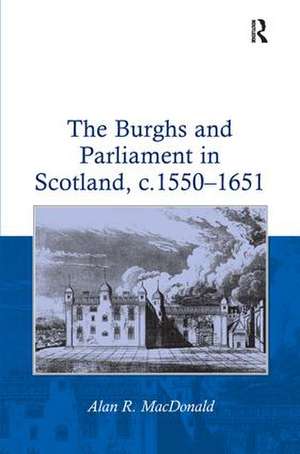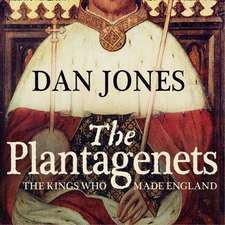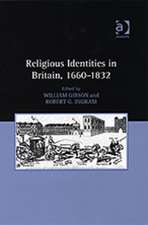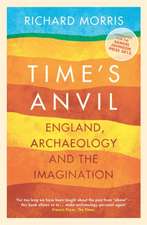The Burghs and Parliament in Scotland, c. 1550–1651
Autor Alan R. MacDonalden Limba Engleză Hardback – 28 mar 2007
Preț: 934.96 lei
Preț vechi: 1027.43 lei
-9% Nou
Puncte Express: 1402
Preț estimativ în valută:
178.93€ • 186.11$ • 147.71£
178.93€ • 186.11$ • 147.71£
Carte disponibilă
Livrare economică 24 martie-07 aprilie
Livrare express 08-14 martie pentru 30.61 lei
Preluare comenzi: 021 569.72.76
Specificații
ISBN-13: 9780754653288
ISBN-10: 0754653285
Pagini: 252
Dimensiuni: 156 x 234 x 23 mm
Greutate: 0.45 kg
Ediția:1
Editura: Taylor & Francis
Colecția Routledge
Locul publicării:Oxford, United Kingdom
ISBN-10: 0754653285
Pagini: 252
Dimensiuni: 156 x 234 x 23 mm
Greutate: 0.45 kg
Ediția:1
Editura: Taylor & Francis
Colecția Routledge
Locul publicării:Oxford, United Kingdom
Cuprins
Contents: Introduction; Erection and enrolment: gaining entry to parliament; Representation; The convention of burghs, the burgess estate and parliament; Individual burghs and parliament; Edinburgh: the capital and parliament; Hosting the estates; A sense of priority: status, precedence and display; Conclusion; Appendices; Bibliography; Index.
Recenzii
’A valuable study, timeously published.’ Northern History ’English, Irish and Continental urban historians will find a comprehensive and lucid study that makes it much less easy for comparative works to ignore the political and economic significance of the Scottish burghs.’ Urban History ’...his careful exposition of the extant, but scanty, evidence steadily builds up to elucidate points left unclarified in broader studies of the institution or else taken for granted by other historians ....this study will become an essential handbook for anyone interested in the subject.’ Parliamentary History ’Our understanding of the burghs and parliament in Scotland has been greatly enhanced by this important research monograph. It should be of interest to a wider audience of urban historians of early modern Europe, as well as historians of early modern Scotland.’ Parliaments, Estates and Representations
Notă biografică
Alan R. MacDonald is Lecturer in the Department of History, University of Dundee, UK.
Descriere
Existing studies of early modern Scotland tend to focus on the crown, the nobility and the church. Yet, from the sixteenth century, a unique national representative assembly of the towns, the Convention of Burghs, provides an insight into the activities of another key group in society. Drawing extensively on local and national sources, this book sheds new light upon the way in which parliament acted as a point of contact, a place where legislative business was done, relationships formed and status affirmed.













